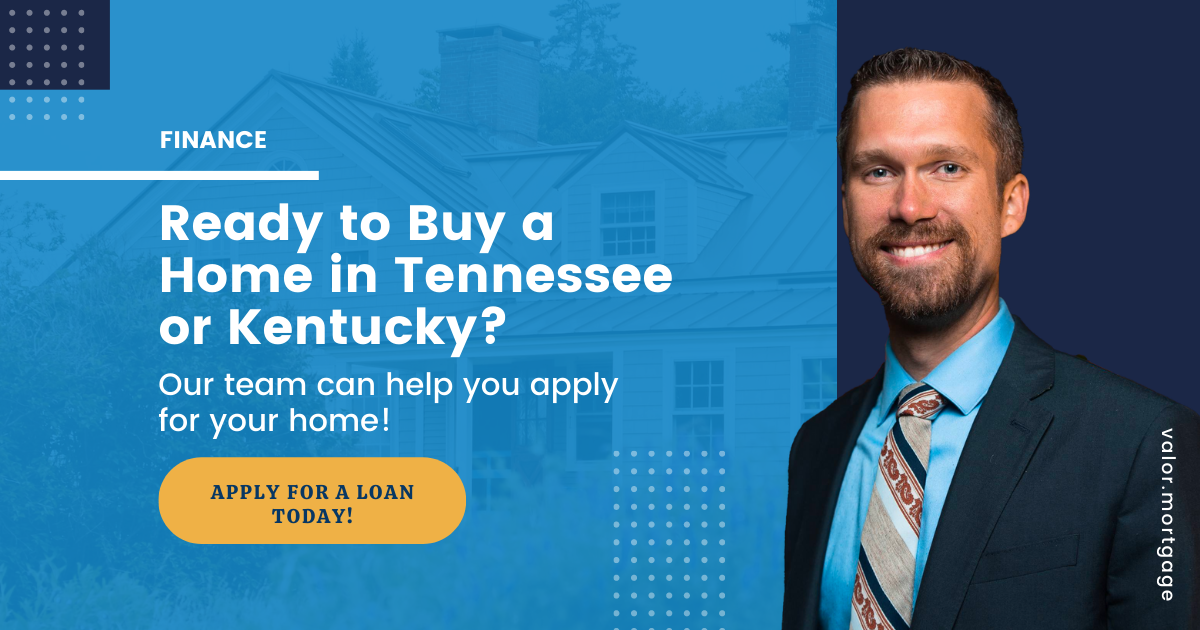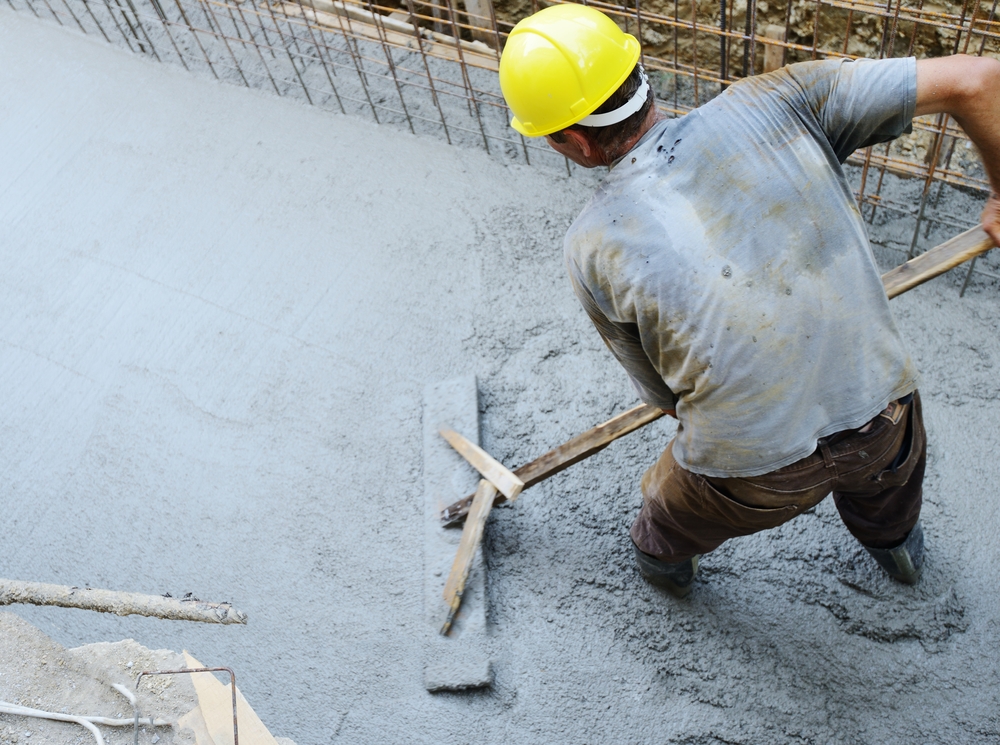When it comes to protecting your home and financial well-being, understanding the difference between mortgage insurance and homeowners insurance is crucial. While these two types of insurance may seem similar, they serve distinct purposes and cover different aspects of homeownership. In this article, we will explore the disparities between mortgage insurance and home insurance, their requirements, coverage details, and why they are essential for homeowners.
Is Home Insurance the Same as Mortgage Insurance?
Homeowners Insurance Overview
Homeowners insurance is a type of insurance policy designed to protect homeowners from various risks and liabilities associated with their property. Unlike mortgage insurance, which focuses on the lender's protection, homeowners insurance primarily covers the homeowner's interests.
Mortgage Insurance Overview
Mortgage insurance, on the other hand, is a type of insurance specifically aimed at protecting the lender when borrowers put down less than 20 percent of the home's purchase price as a down payment on a conventional loan, and other specialized loan programs . This insurance is typically required for conventional loans and helps mitigate the lender's risk.
What is Home Insurance?
Is Home Insurance Required?
While home insurance is not typically required by law, most mortgage lenders make it a requirement as part of the loan agreement. Lenders want to ensure that their investment is protected in case of unforeseen events or damages to the property.
What Does Homeowners Insurance Cover?
Homeowners insurance provides coverage for various aspects, including the structure of your home, personal belongings, and liability. Here are six essential items that homeowners insurance covers:
- Dwelling Coverage: Homeowners insurance covers your home against damage caused by covered events such as fires, windstorms, or vandalism. This coverage ensures that you can rebuild your home if it is damaged or destroyed.
- Personal Belongings: Home insurance protects your personal belongings, such as furniture, appliances, and electronics, against covered perils both inside and outside your home. If your belongings are stolen or damaged, your insurance policy can help cover the cost of replacement or repair.
- Liability Coverage: Homeowners insurance provides liability coverage, which protects you if someone is injured at your property and you are found legally responsible for their injuries or damages. This coverage can help pay for expenses, such as medical expenses, legal fees, and settlements.
- Additional Living Expenses: If, due to a covered event, your home becomes unsafe to live in, home insurance can cover additional living expenses, such as temporary accommodation, meals, and other related costs, until your home is repaired or rebuilt.
- Medical Payments to Others: Home insurance typically includes coverage for medical payments to others. If a person is injured on your property, regardless if it is your fault or not, this can help pay for their medical expenses, reducing the likelihood of a liability lawsuit.
- Other Structures: Homeowners insurance often extends coverage to structures on your property as well, like detached garages, sheds, or fences. These structures are typically covered for a percentage of the main dwelling coverage.
Is Homeowners Insurance Required?
While homeowners insurance is not legally mandated, mortgage lenders typically require borrowers to maintain a homeowners insurance policy throughout the term of the loan. This requirement protects the lender's investment and ensures that the property, which serves as collateral for the loan, is adequately protected.
Do I Need Home Insurance If My Mortgage Is Paid Off?
Even if you don't have a mortgage, it is highly recommended to maintain home insurance coverage. Here are three reasons why:
- Protecting Your Investment: Your home is likely one of your most significant investments. Home insurance safeguards your financial well-being by providing coverage for unexpected events such as fire, theft, or natural disasters. Without insurance, you would bear the entire financial burden of rebuilding or repairing your home.
- Liability Protection: Homeowners insurance includes liability coverage, which protects you if someone is harmed on your property. Without insurance, you could be held personally liable for medical expenses, legal fees, and potential damages, putting your assets at risk.
- Peace of Mind: Home insurance offers peace of mind knowing that you are financially protected against unforeseen events. It provides reassurance that you can rebuild your life and your home in the event of a disaster or significant loss.
What is Mortgage Insurance?
What is Private Mortgage Insurance (PMI)?
Private Mortgage Insurance (PMI) is a type of mortgage insurance required for borrowers who put down under 20 percent of the home's purchase price as a down payment. PMI protects the lender in the instance the borrower is unable to make payments and defaults on the mortgage loan.
- Monthly Premium: One common method of paying PMI is through monthly premiums. The cost of PMI is typically added to your monthly mortgage payment, making it more manageable for homeowners.
- Upfront Premium: Another option is to pay the PMI premium upfront as a lump sum at the closing of the mortgage loan. This upfront payment can help reduce the overall cost of PMI over the life of the loan.
- Lender-Paid Mortgage Insurance (LPMI): In some cases, lenders may offer LPMI, where they pay the PMI premium on behalf of the borrower. In return, the lender may charge a slightly higher interest rate on the loan.
How to Avoid Paying PMI
To avoid paying PMI, borrowers have a few options:
- Put Down a Larger Down Payment: By increasing the down payment to 20 percent or more, borrowers can avoid the need for PMI altogether.
- Piggyback Loan: Another strategy is to take out a second loan, known as a piggyback loan, to cover part of the home's purchase price. This second loan can help bridge the gap to the 20 percent down payment threshold, eliminating the need for PMI.
- Build Equity: If you already have PMI, you can work on paying down your mortgage and increasing your home equity. Once your equity reaches 20 percent or higher, you can request to have the PMI canceled.
How Long Do I Have to Pay for PMI?
The duration of PMI payments varies depending on the mortgage type and the loan-to-value ratio. For conventional loans, PMI is typically required until the borrower's equity reaches 20 percent of the home's value. However, some loans may have different guidelines, so it's essential to review the terms of your specific mortgage agreement.
While both mortgage insurance and homeowners insurance are vital for homeowners, they serve distinct purposes. Homeowners insurance protects your home, belongings, and liability, ensuring your financial security and peace of mind.
On the other hand, mortgage insurance, specifically private mortgage insurance (PMI), protects the lender when the borrower puts down less than 20 percent as a down payment.
Understanding the difference between these two types of insurance and their requirements will help you make informed decisions to safeguard your home and financial well-being. Remember, maintaining adequate insurance coverage is crucial, regardless of whether you have a mortgage or own your home outright.






